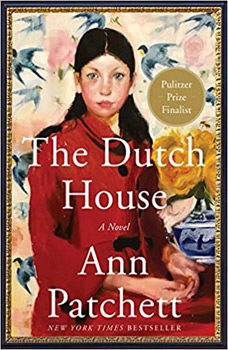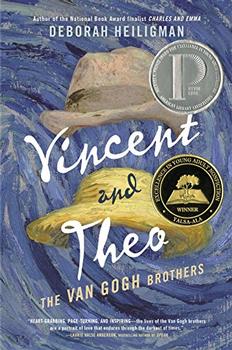Summary | Excerpt | Reviews | Beyond the book | Read-Alikes | Genres & Themes | Author Bio

A Memoir
by Barry Moser"We Were Brothers, Barry Moser's beautiful - and beautifully illustrated - new book, tells the wrenching and redeeming story of brothers who take different paths and yet ultimately find their ways back to each other...Their careful reconciliation after decades of strife and avoidance is sad, moving, and joyful all at the same time." - Andrew Hudgins, author of The Joker
Preeminent illustrator Barry Moser and his brother, Tommy, were born of the same parents, were raised in the same small Tennessee community, and were poisoned by their family's deep racism and anti-Semitism. But as they grew older, their perspectives and their paths grew further and further apart. From attitudes about race, to food, politics, and money, the brothers began to think so differently that they could no longer find common ground, no longer knew how to talk to each other, and for years there was more strife between them than affection.
When Barry was in his late fifties and Tommy in his early sixties, their fragile brotherhood reached a tipping point and blew apart. From that day forward they did not speak. But fortunately, their story does not end there. With the raw emotions that so often surface when we talk of our siblings, Barry recalls why and how they were finally able to traverse that great divide and reconcile their kinship before it was too late.
Including fifteen of Moser's stunning drawings, this powerful true story captures the essence of sibling relationships - their complexities, contradictions, and mixed blessings.
In the final third of We Were Brothers, Moser shifts from prose to epistolary storytelling, and the change works for the better. The prose is fine, being both effective and engrossing; however, the included letters from the estranged brothers are the kind of raw and emotional writing that changes lives...continued
Full Review
 (604 words)
(604 words)
(Reviewed by Bradley Sides).
Barry Moser's We Were Brothers presents his troubled relationship with the South. He shares his positive memories of his childhood filled with games and conversation, but what he seems to remember the most, now in his later adulthood, are the times of strife – those moments of conflict and bigotry.
Anyone familiar with the American South's history is surely unsurprised by this duality. The South has genuine friendliness and strong family ties, but it is also haunted by stories of racism, classism, sexism, and violence. These issues are a part of history that are too big to be ignored.
Here are my top five picks of memoirs that depict the American South in its complex and complicated form:
 Rick Bragg's ...
Rick Bragg's ...

If you liked We Were Brothers, try these:

by Ann Patchett
Published 2021
Ann Patchett, the New York Times bestselling author of Commonwealth and State of Wonder, returns with her most powerful novel to date: a richly moving story that explores the indelible bond between two siblings, the house of their childhood, and a past that will not let them go.

by Deborah Heiligman
Published 2019
From the author of National Book Award finalist Charles and Emma comes an incredible story of brotherly love.